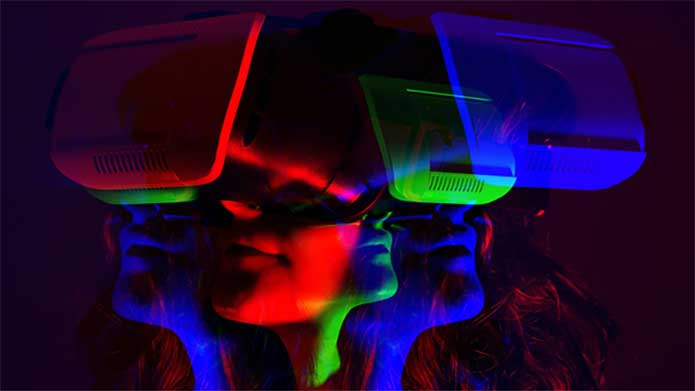Esports and the Metaverse: A Paradigm Shift
Esports is one of the fastest evolving parts of the gaming industry. It is expanding not only economically but also in terms of the number of fans and the prestige of its games. With the aid of new technologies and innovations, esports is constantly evolving. A recent game-changer is the convergence of esports and the metaverse—a shift in the way games are played, experienced, and watched.
The metaverse provides a 3D persistent virtual world where people and fans can stay connected and interact in new dimensions. With this technology growing, the gaming landscape is changing, creating a fusion point between virtual reality (VR) and traditional esports formats.
The Rise of Virtual Reality in Esports
Virtual reality has long been seen as the next step in gaming, and it has recently started to emerge in the esports world. With continued technological development, VR games are increasingly featured on platforms like Steam and Epic Games and are building competitive momentum.
Immersive environments present new challenges, possibilities, and the ability to bridge the gap between the game world and real surroundings, fostering physically active play. The combination of VR with classic esports games poses unique challenges but also opens up exciting opportunities.
For example, simulators were developed to test the viability of competitive VR gameplay in a 3D setting, such as CS2 maps. The outcomes were promising, with fans enjoying the immersive experience. Now, spectators can enjoy matches in 3D arenas, feeling as though they are sitting at the heart of the action. This hybrid approach preserves the essence of esports while leveraging metaverse capabilities.

How the Metaverse Enhances Esports Events
The metaverse’s ability to transform esports tournaments is one of its key advantages. Fans who follow events like Dota 2 esports news understand the value of team support. However, not all fans can attend major tournaments in person, and this is where the metaverse excels.
Through virtual arenas, fans can experience events worldwide without leaving their homes. Players and viewers can design avatars, interact in social spaces, and navigate virtual event spaces together.
For instance, platforms like Decentraland and Roblox have been used to host live esports tournaments, where attendees can watch matches in immersive settings. Fans can also access interactive features, such as real-time replays and live statistics, all within a captivating virtual world.
Metaverse Integration in Esports
The evolution of esports into the metaverse affects not only gameplay but also team-building and management. Tools like VR coaching and virtual training simulators allow teams to prepare more effectively for competitions, analyze gameplay, and perform other key activities.
Additionally, the metaverse facilitates talent scouting through virtual trials. Aspiring players can showcase their skills in real simulations, enabling recruiters to evaluate them remotely. This approach broadens the talent pool and simplifies the recruitment process, offering a powerful advantage to teams and organizations.

Challenges in Merging Esports and the Metaverse
While the metaverse holds immense promise for esports, several challenges must be addressed:
- High costs: VR equipment and infrastructure remain expensive, creating barriers for participants and spectators.
- Accessibility: Motion sickness and other accessibility concerns must be addressed to ensure inclusion.
- Compatibility: Integrating metaverse elements with popular esports games requires careful planning to avoid disrupting core gameplay.
Balancing traditional formats with metaverse enhancements is critical to maintaining fan loyalty while expanding the possibilities for esports.
Conclusion
The fusion of esports and the metaverse represents a paradigm shift in gaming. Immersive technologies are transforming how games are played, events are held, and teams are managed. However, overcoming challenges like accessibility and integration is essential for success.
Staying informed about current trends is crucial for esports fans to remain engaged with industry developments. The metaverse is not only redefining how games are played but also reshaping the community and culture surrounding them, making it an exciting time to be part of the esports world.


 by Symphonie
by Symphonie